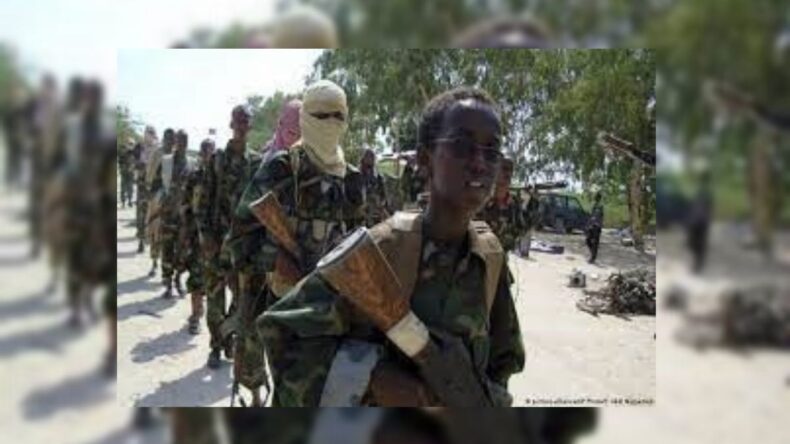Antonio Guterres (UN Secretary-General) has warned of an “alarming” expansion of affiliates of the so-called ‘Islamic states’ throughout the African region, on the back of the present situation in Afghanistan.
Winning support to the Islamic movement
Many are Islamist militant groups affiliated with Al-Qaeda, an organization the United Nations (UN) has said shares connections with the Taliban in Afghanistan.
As in Afghanistan, the spread of Islamic movements have shown a similar trend. It has flourished majorly in countries where they have been able to capitalize on weak state institutions, lacking essential services like healthcare, education, hunger, and poverty.
Many are Islam militant groups with affiliations to Al-Qaeda and share close links with the Taliban. The majority of the group hailed the Taliban’s takeover in Afghanistan in what could be seen as a show of support.
A media institution linked to Somalia’s al-Shabab wrote, “God is great”, the leader of Al-Qaeda affiliate Jamaat Nusrat Al-Islam Wal-Muslimin (JNIM) also congratulated the Taliban on their triumph, “we are winning”, Iyad Ag Ghaly said.
These facts show solid ideological connections between the militant groups and are taken as warning signs for the future.
Fear in Mali and Somalia
One of Africa’s largest countries, Mali, has been battling various jihadist groups in its northern and central regions. It has relied on UN peacekeepers and French troops to keep the militants from taking control.
However, the presence of foreign soldiers has been unpopular among some of the native populations, and the militant ideology has filled this gap.
France has even announced the drawdown of its forces, which is a significant concern among the political leaders.
The leaders feel that Malian troops are poorly trained, ill-equipped, and the country will be in shackles without foreign soldiers.
Somalia suffered administration collapse and decades of civil war before an insurgency by the Al-Qaeda affiliated Al-Shabab group began in the mid- 2000s.
The internationally-backed government has failed to implement its legitimate authority and relied on African union troops operating under the UN Security Council.
The political leaders have similar concerns regarding their capacity and have asked for a time extension to rebuild its administration.
Avoid making the same mistakes.
The end of the UN security forces has been to uproot the militants while giving the government more time to build institutions.
But same as the case of Afghanistan, African countries have failed to rebuild infrastructure and have concentrated more towards rebuilding their military strength; this has led to extreme poverty and hunger conditions.
The governments are heavily dependent on foreign support and have mired in corrupt practices. Incompetency from the military side is visible, as some security forces have tried to turn on each other.
Then there are delayed elections, which have made the conditions even worse.
There is general acceptance across Africa that military operations will not be enough to control the violent extremism and that more needs to be done on this part.
Pulling out foreign troops doesn’t seem like the best solution, especially after what happened in the case of the Taliban, and International organizations should refrain from creating havoc like situations.
It is too soon to know developments in Afghanistan might affect policy in Africa, but the conversation has begun on how to make a better exit.













